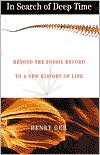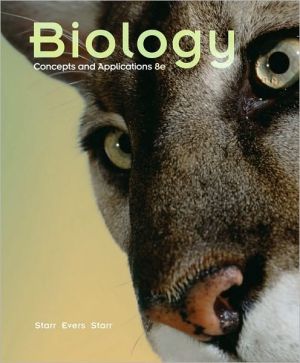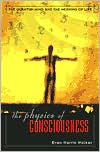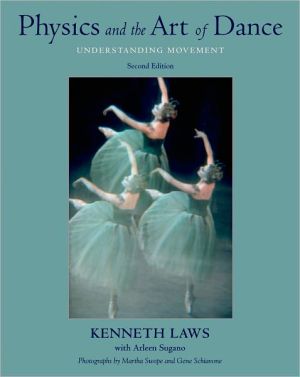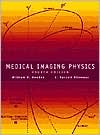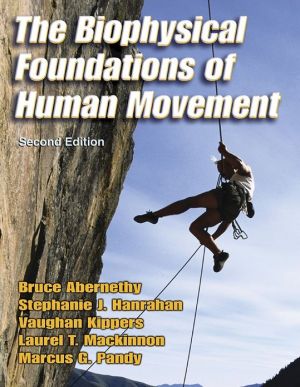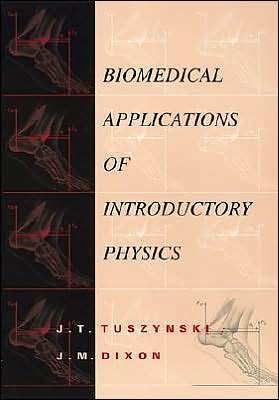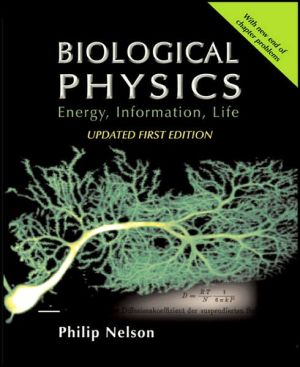In Search of Deep Time: Beyond the Fossil Record to a New History of Life
Search in google:
Henry Gee, Chief Science Writer at Nature, tells the story of a recent revolution in palaeontology. For the first time, all of us can share in the wonder of a deceptively simple idea known as cladistics, the science of comparison. The cladistics revolution is transforming almost everything we know about the science of life in Deep Time - the billions of years in which life has evolved on this planet. It provides insights and solutions to questions about ourselves ordinarily considered beyond the realm of science.. "The real answers to how life evolved and how life forms are related come from cladistic analysis, from measuring the tremendous variety of genetic and anatomic variations between species and juggling them with computer technology. Because of cladistics, scientists have come to believe that hippos are more closely related to whales than pigs. We have learned that the old way of understanding nature, in which we squashed the teeming variety of life on earth into our own haphazard and arbitrary categories, must be replaced by understanding precisely how similar, and how different, each species measurably is. Publishers Weekly Deep Time, according to John McPhee, who coined the term, refers to the millions of years in the geologic record, as opposed to our everyday sense of time in which centuries and millennia seem endless. In this eloquent treatise, Gee, a senior science writer for Nature, asserts that the dramatically different scales on which deep and ordinary time are measured have significant implications for evolutionary biology and paleontology. He takes the provocative and perhaps extreme view that scientists will never be able to successfully answer evolutionary questions about the origins of species, or about the pressures leading to various adaptations, because events that occurred in deep time are not accessible to experimentation. Indeed, he argues, such questions should be considered outside the realm of science. In the place of traditional biology, Gee offers the field of cladistics, "a way of looking at the world in terms of the pattern that evolution creates, rather than the process that creates the pattern." By using statistical techniques to group anatomically similar organisms, both extant and extinct, cladists assert that they are able to demonstrate testable evolutionary relationships. While Gee does a superb job of explaining the basics of cladistics and of revealing its use in the controversies swirling around the origins of birds and of humans, more cautious thinkers may find that he exaggerates both its power as a tool and its acceptance by the scientific community. (Dec.) Copyright 1999 Cahners Business Information.
Introduction11Nothing Beside Remains112Hunting Unicorns463There Are More Things864Darwin and His Precursors1125The Gang of Four1386The Being and Becoming of Birds1717Are We Not Men?201Notes231Acknowledgements253Index255
